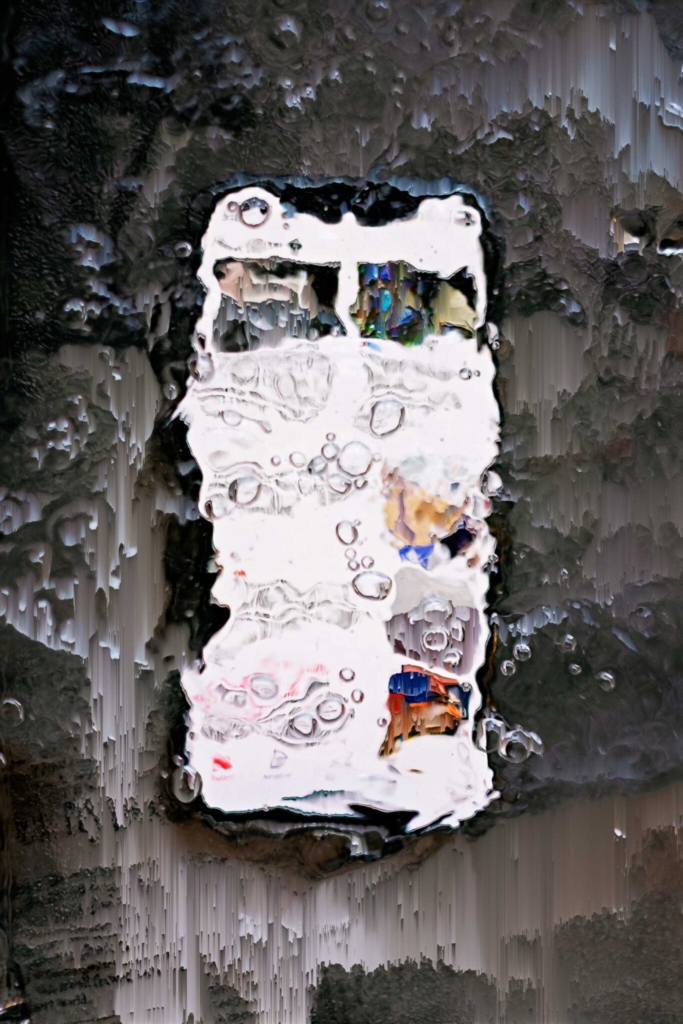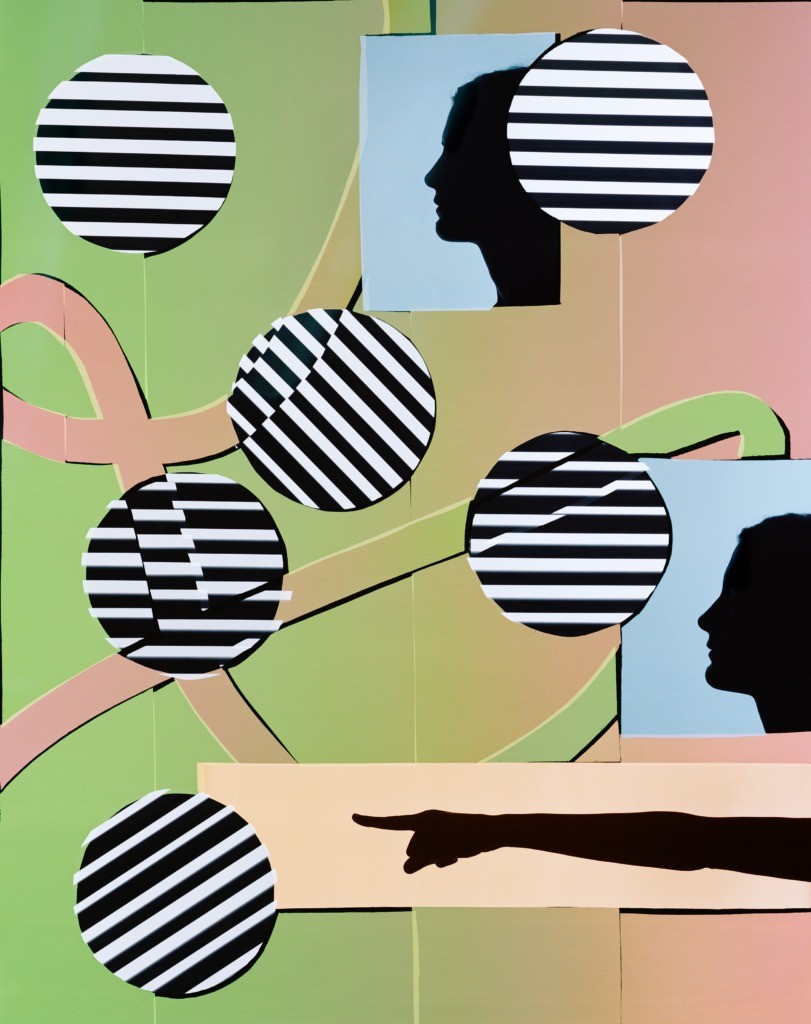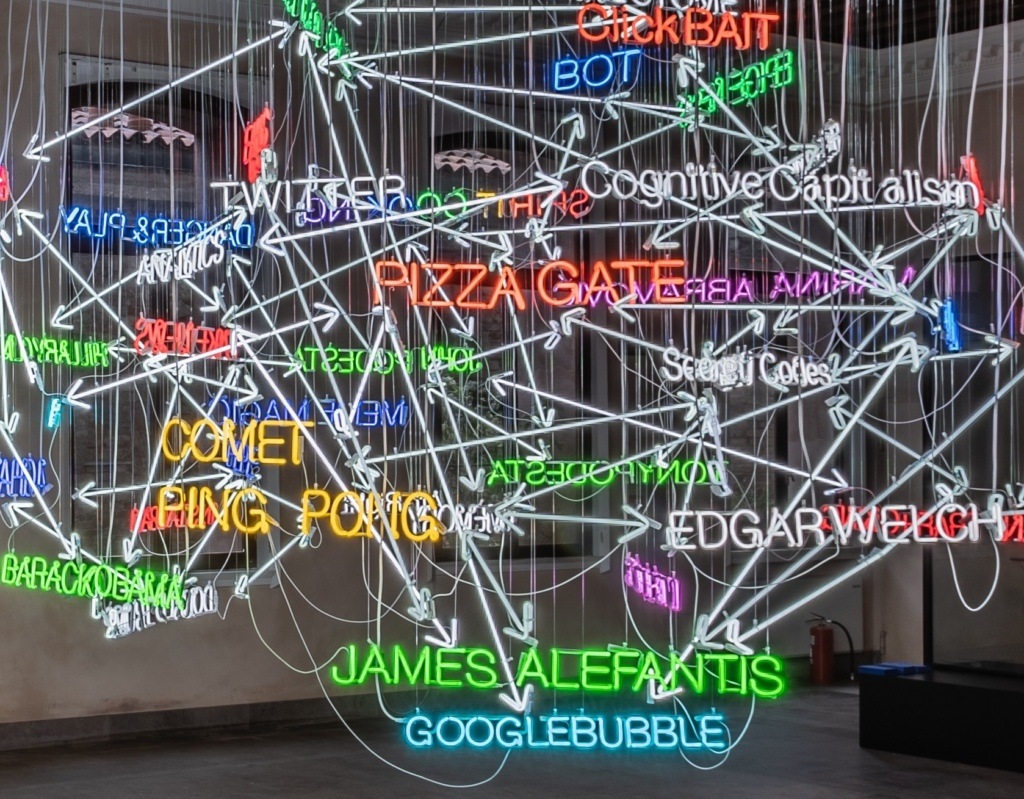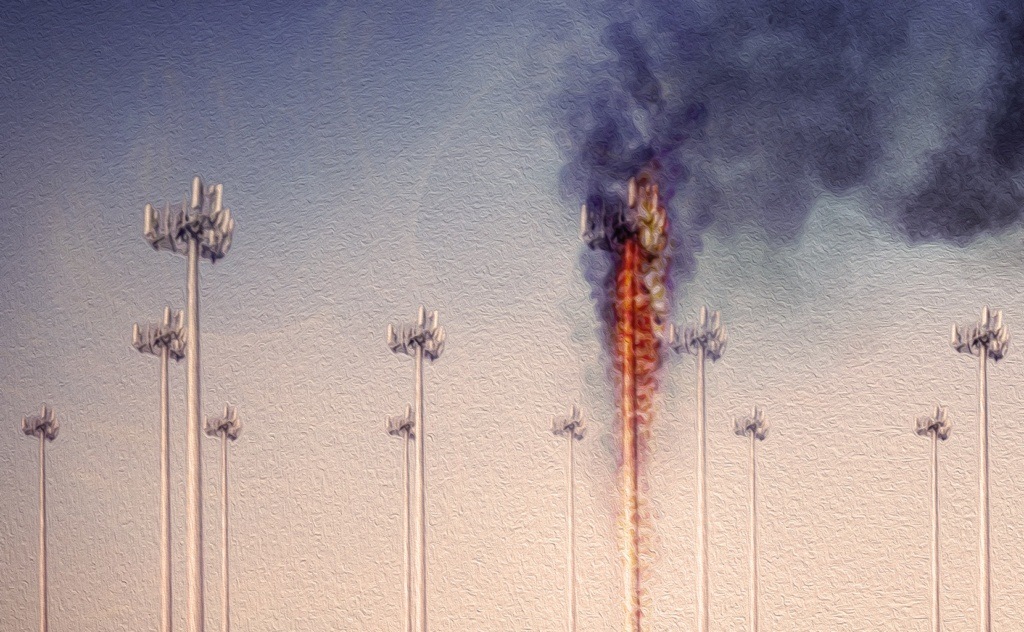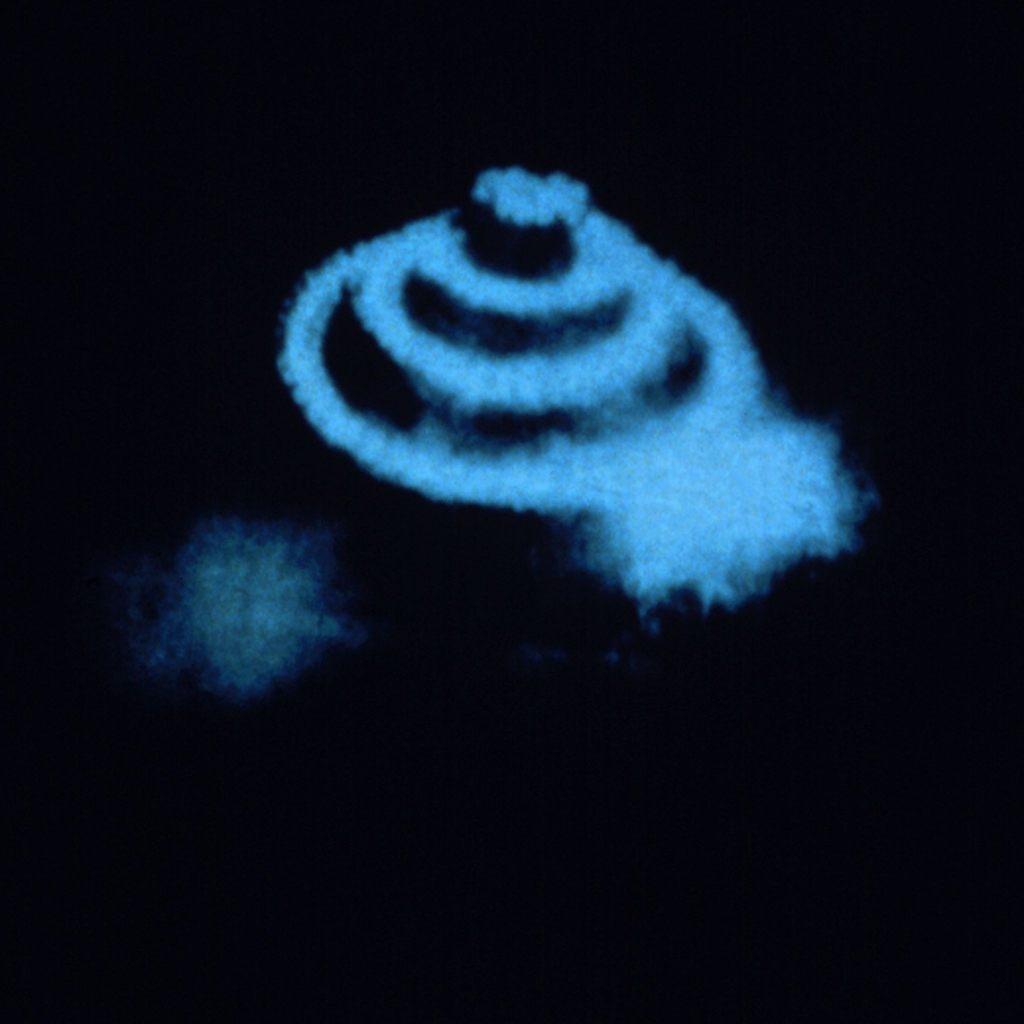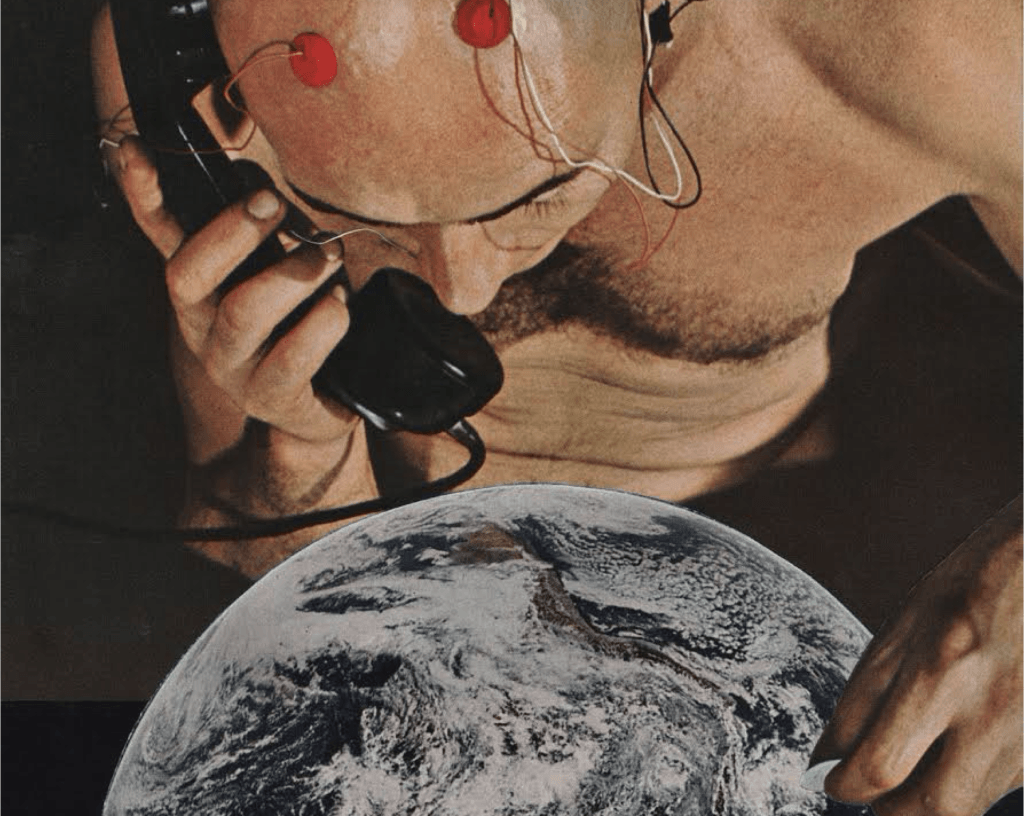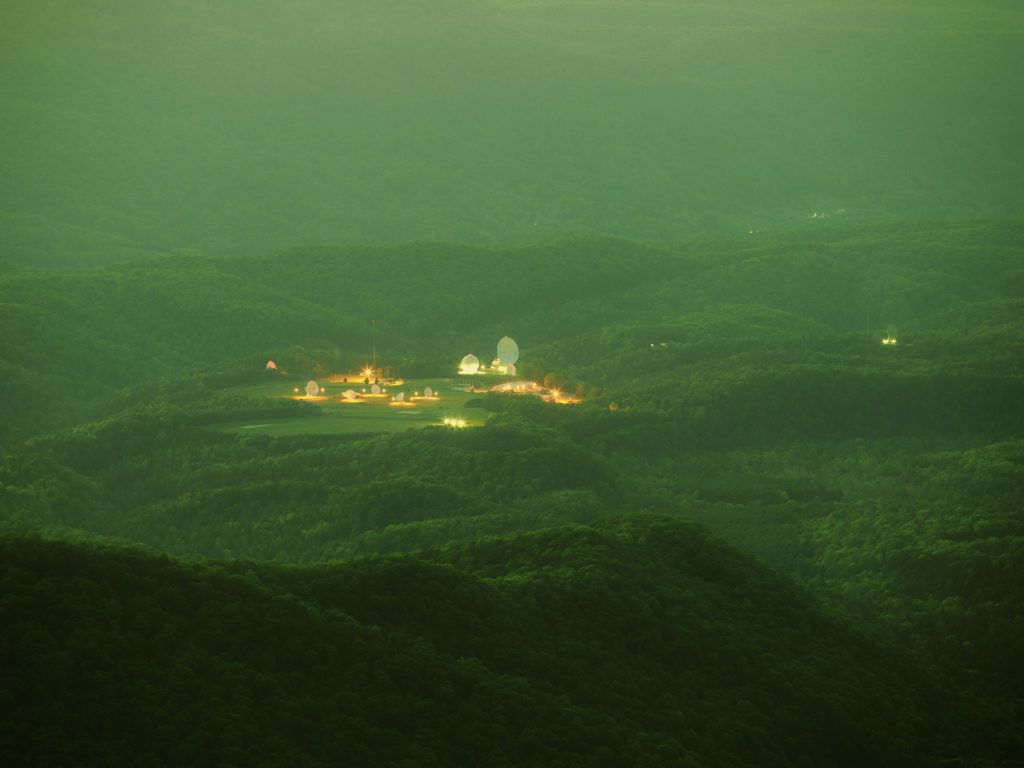Topics
Conspiracy
The internet is made of — and for — conspiratorial thinking
Suspension of Belief
Images of suffering compel a reaction. “Crisis actor” conspiracy theories show that it’s sometimes easier to claim they are “fake” than to respond appropriately, or to deal with the cognitive dissonance of not knowing how to respond at all
True Lies
YouTube gives the viewer the sense that they — and they alone — are always in the process of “authoring” their own experience. Conspiracy media, like those in the lineage of Loose Change, can easily leverage this sense of authorship, making us feel like we’re playing a far more active role than we actually are
Careless Whispers
Much concern has been raised around teens spreading misinformation on TikTok. But fear, and a sense of abandonment by the authorities, can drive compulsive behavior online. Young people — facing just as many threats as adults, but with less power to protect themselves — are just as susceptible to this as their elders.
License to Ill
Communities can form around illnesses that are ignored, or contested, by outside authorities. Havana syndrome differs from other contested illnesses: not only for its proposed cause, but for the massive institutional investment in its narrative
Conspiracy Wall
The “conspiracy wall” meme offers a cinematic interpretation of how conspiracies spread. However, it is ultimately misleading: those who subscribe to the kinds of theories peddled by Alex Jones and the like are not looking for logical explanations, but rather for permission to feel how they want to feel
This Is Not a Game
Engaging in conspiracy culture is like playing a secret game based on insider knowledge. It’s this feeling — of joining an anointed community that has transcended the ordinary world — that propels Q’s current popularity. But revealing the game structures, pop media tropes, and affective rewards that shape movements like QAnon can help inoculate those attracted to such forms of play from full immersion in conspiracy culture.
Invisible Enemies
The connection that 5G arsonists assert between wireless networks and the virus mischaracterizes our imperceptible integration with complex machine systems over the past century. Biological and technological existence are now irreversibly intertwined, in ways that no individual could fully understand, let alone have consented to. This makes fertile ground for conspiracy.
Fire in the Sky
Over the 20th century, UFO stories and alien imagery became shorthand for the feeling that daily life isn’t all that it seems and powerful people are concealing the truth. Now that paranoia is a symptom of day-to-day life, conspiracy theories are increasingly hijacked and weaponized by the very powers they’re meant to interrogate.
True Nonbelievers
The “trust nothing, but believe whatever’s psychologically expedient” ideology of the rising flat-earth movement encourages the wholesale rejection of expertise and any consensus reality in favor of ad hoc conspiracies and blind intuition. It licenses dangerous delusions that culminate in violence, but it also models an emerging form of community that is not anchored in any shared local conditions.
Lonely Road
On the late night radio show Coast to Coast AM, a community of loners support each other in the alternative convictions that isolate them. Their conspiracy theorizing “solves” feelings of powerlessness by enhancing them, just as social media can sometimes seem to solve loneliness by increasing feelings of isolation.
Influencing Machines
Through internet-mediated discussion, a subculture of people who believe that they have been singled out for persecution by the state has emerged. A look at the forums of these “targeted individuals” suggests how mainstream “consensus reality” is increasingly being reshaped by the normalization of paranoia.
The Apophenic Machine
The default data hoarding of the internet makes it ripe for conspiracy building. All that’s needed to bring conspiratorial linkages to life is a flood of attention on a certain body of information. The public has become trained in enjoying conspiratorial thinking as a mode of entertainment — not merely watching others solve mysteries but actively participating in deepening and unfolding them.
Suspicious Minds
Journalists bent on revealing the racism and incompetence of the Trump regime are exposing a different unpleasant truth: that uncovering the conspiracy doesn’t actually do anything. “Paranoid readings” of our current climate expose open secrets and distract us from their structural bases.
